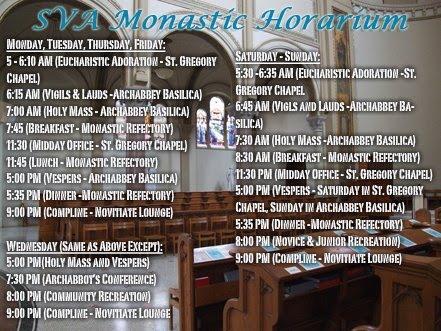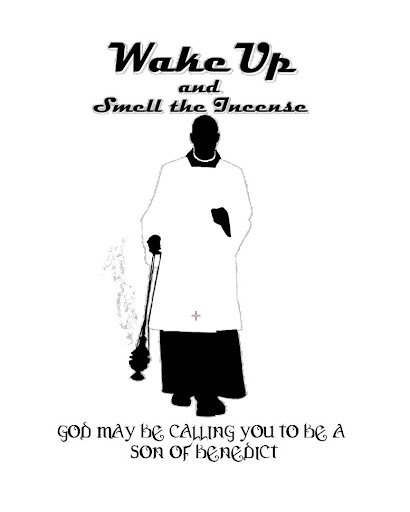The Saint Benedict Education Foundation will host a lecture by Bishop J. Peter Sartain on Friday, October 29, 2010, at 7:30 p.m. in the Fred M. Rogers Center on the campus of Saint Vincent College.
The Most Reverend J. Peter Sartain is the bishop of the Diocese of Joliet, Illi. On September 16, 2010, he was named Metropolitan Archbishop of Seattle by Pope Benedict XVI. Sartain's lecture, which is free and open to the public, will discuss "The Sacred Liturgy and the New Evangelization."
Prior to the lecture, a reception and dinner will offer donors the opportunity to meet and mingle with the Archbishop-elect. For more information about the dinner and reception contact the Saint Benedict Education Foundation at 724-805-2890. All proceeds from the dinner will benefit the students and programs of Sant' Anselmo, the Benedictine College in Rome.
Bishop Sartain is an authority among the American Catholic Bishops on matters of liturgy and sacramental theology. He was born on June 6, 1952 in Memphis, Tennessee. On July 15, 1978 he was ordained to the priesthood for the Diocese of Memphis. He was appointed as Bishop of the Diocese of Little Rock on January 4, 2000 and was ordained on March 6, 2000. He was named Bishop of Joliet on May 16, 2006, and was installed on June 27, 2006.
Bishop Sartain attended St. Meinrad College in Indiana, studied at the Pontifical University of St. Thomas in Rome, and earned a licentiate of sacred theology from the Pontifical Athenaeum Sant Anselmo in Rome in 1979.
In addition to his pastoral experience as a parochial vicar and as a pastor, Bishop Sartain also has considerable administrative experience, having served as Director of Vocations, Chancellor, Moderator of the Curia, Vicar for Clergy, and Vicar General. He has also been a chaplain, academic dean for the permanent diaconate formation program, and a member of the Advisory Council for the Institute for Priestly Formation.
He currently is a member of the Administrative Committee of the United States Conference of Catholic Bishops.
The Saint Benedict Education Foundation, located on the campus of Saint Vincent College, is charged with raising funds to assist Sant' Anselmo, the only Pontifical University in Rome operated by Benedictine monks. Established by Pope Leo XIII in 1887, it is the focal point for Benedictine education in Rome and offers degrees in theology, philosophy, and liturgy. Sant' Anselmo has contributed significantly to the life of the Universal Church through its continuing work on the Liturgy of the Church as well as the education of Church leaders.
The Saint Benedict Education Foundation was organized in May 2006 at the direction of the Abbot Primate of the worldwide Benedictine Confederation to expand and continue fundraising efforts to assist Sant' Anselmo. The Foundation has initiated the Abbot Anscar Vonier Chair in Eucharistic Theology, the Cardinal Mayer Chair in Sacramental Theology, and the Saint Scholastica Scholarship for Benedictine Women, and has raised funds to assist Sant' Anselmo and its students.
The lecture is free and open to the public, but seating is limited. To make reservations for the lecture only, call 724-532-5030. For more information about the dinner or the Saint Benedict Education Foundation, contact the Foundation at 724-805-2890.














